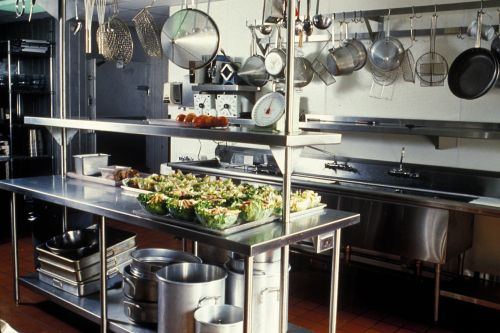Food Defense
Food Defense is the means of preventing or eliminating the deliberate contamination of food by bacterial agents, toxins, chemicals, radiation, or a physical object. Prevention is the most important aspect of food defense.
toxins, chemicals, radiation, or a physical object. Prevention is the most important aspect of food defense.
A lack of food defense planning may have devastating repercussions for a company. Food contamination can result in widespread illnesses or even death of the consumer(s), law proceedings, and distrust in the product, company, and even the industry.
There currently are no regulations in place that address food defense, the National Infrastructure Protection Center, which serves as the Federal government’s focal point for threat assessment, warning, investigation, and response for threats or attacks against the United States' critical infrastructures has identified the food system as one of 18 critical infrastructure sectors. Under the Public Health Security and Bioterrorism Preparedness and Response Act of 2002, the scope of the President’s Council on Food Safety is expanded to include other relevant agencies and organizations to create a food safety and defense strategy addressing technologies, threat assessments, risk communication, and procedures for securing food processing, manufacturing facilities, and modes of transportation.
Contact us
We are willing to answer any questions or concerns and discuss food defense. We have extensive contacts with Indiana and the United States Department of Homeland Security, the Federal Bureau of Investigation, and other local partners who are aware and vigilant of food defense issues and concerns.
Morgan Roddy
Rapid Response Team
Office: 317-234-7152
Cell: 317-439-9662
mroddy@health.in.gov

